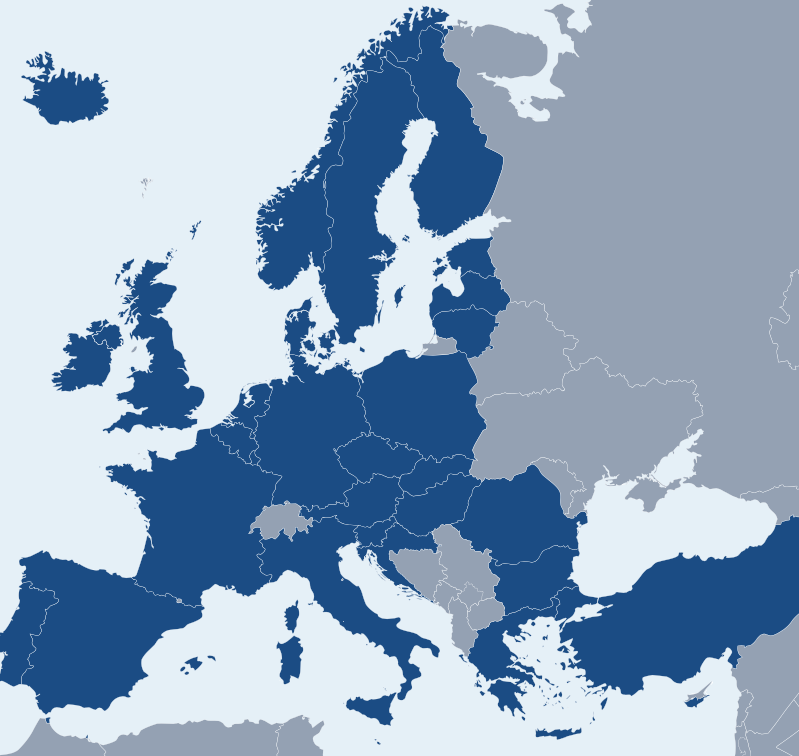What we currently do
Researching Erasmus+ Youth in Action
What are the effects of the EU Youth in Action on young people, youth workers and youth leaders involved in the projects funded by this programme? What and how do they learn through their participation in these projects? Which competences do they develop and how? Which specific contexts, settings, conditions, educational approaches, methodologies and methods are successful in fostering the development of key competences for lifelong learning?
What are the effects on youth groups, organisations, institutions, structures and communities involved in the programme? And how does the programme contribute to the achievement of the objectives and priorities of the E+/YiA Programme, in particular to the promotion of active/democratic citizenship and participation in civil society, tolerance, solidarity and understanding between young people in different countries, the inclusion of young people with fewer opportunities and the development of quality and networking in youth work?
Some of the research questions guiding the RAY Network
These and other questions are addressed and studied through Research-based Analysis of Youth in Action (RAY), which is implemented by the RAY Network – a network of National Agencies of YiA and their research partners in presently 31 European countries. Genesis is responsible for the transnational components of the longitudinal and thematic studies.

Digitalisation: from spaces of fear to spaces of freedom
Policy, research and practice have all equally observed both high need and great pressure to improve the education and training regarding digitalisation in youth work. The project “Digitalisation: from spaces of fear to spaces of freedom” responds to this need and translates the triangle of policy, research and practice into its project design. The project develops a systemic approach that adapts the European Reference Framework for Digital Competences (DigComp) for the training of youth workers on digitalisation in a two-step methodology. The first step is the qualification of youth workers as competent digital actors in the context of their own professional community. The second step is the qualification of youth workers as specialists on digitalisation in youth work. The project supports the recognition of non-formal learning by developing a youth-work-specific version of the DigComp certification process (DigCompYouthWork). An accompanying podcast will address the challenges as well as the potentials of digitalisation for youth work in a decisively unagitated manner, and contribute to a calmer and more informed discourse on digitalisation. Genesis is one of five project partners and co-responsible for the research strand embedded within the project.

